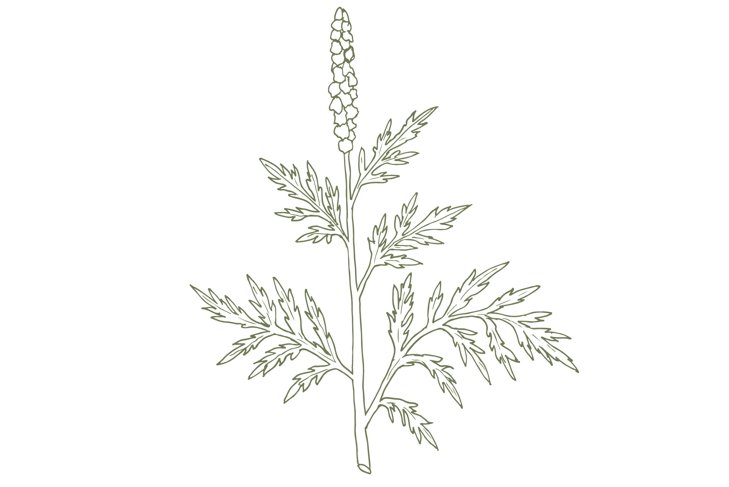
Seasonal allergies aren’t just a problem in the spring. The change between seasons can also be a tough time for allergy sufferers. But there’s a new natural remedy that may just work to help alleviate the suffering.
It’s estimated that one in five Canadians suffer from seasonal allergies. When people think about seasonal allergies, they may think that such allergies occur mainly in the spring. However, as many allergy sufferers can attest, fall allergies can also occur, both indoors and outdoors.
Seasonal changes
The change of the seasons is the time of year when millions of us experience allergy symptoms. Fluctuations in the weather bring about changes in temperatures, creating the perfect environment for allergens—making seasonal allergies just as common in both fall and spring.
Seasonal allergies are almost always caused by airborne allergens such as pollen, mold, and dust mites. Ragweed, in particular, is a major fall allergen. Indoors, pet dander can also cause allergic reactions.
Reduce the symptoms
Seasonal allergies cannot be cured, but avoiding contact with allergens can help reduce symptoms.
Here’s how you can reduce the risk of allergen exposure.
- Limit time spent outdoors.
- Keep windows shut, especially during peak pollen times.
- Wash pollen from hair and clothes after returning from outside.
- Regularly give your house a thorough cleaning.
- Use a vapour steamer to reduce mold spores and dust mites.
- Reduce allergy symptoms by starting over-the- counter treatments before allergy season starts.
- Use a proper allergen-reducing furnace filter in colder months.
- Keep humidity levels below 50 percent, or use a dehumidifier.
- Identify your allergies so you can avoid allergens and cross-reactive foods.
Despite our best efforts, we can’t avoid allergens completely. Over-the-counter medications like nasal sprays, corticosteroids, or antihistamines can help treat symptoms but may have unwanted side effects. Some natural remedies exist, but are not necessarily effective for all seasonal allergy sufferers.
A new, natural solution?
A French scientist, Jean-Claude Truffier, first recognized the benefits of quail eggs for allergies 50 years ago. His research focused on raw quail eggs, which led to more studies and trials by European researchers and a leading French allergist.
A more recent randomized, double blind, and placebo-controlled clinical trial led by Dr. Annie-Claude Benichou, showed a special quail egg formulation was effective and fast-acting in alleviating allergic symptoms.
Participants were exposed to a mixture of allergens, including grass, tree pollen, dust mites, and animal dander, and then given either quail egg or a placebo. The quail egg-based supplement was found to be effective and well tolerated by participants in all studies.
This new solution for allergies is a groundbreaking find and provides a natural alternative for seasonal allergy sufferers.

